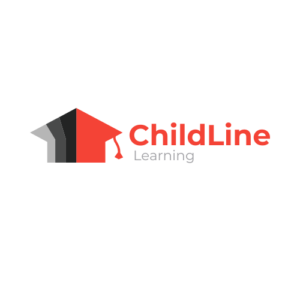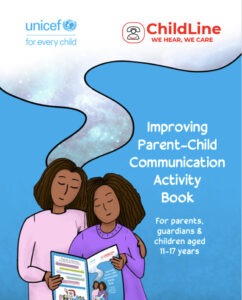Helpline
The ChildLine helpline service is accessed by calling 800-4321 or 131 from any telephone device. All calls to the helpline are free and confidential, and callers have the option to remain anonymous. Operated by trained active listeners and volunteers, one of the main aims of the helpline is to provide callers with a safe and reliable hotline service where they can freely express their feelings and receive support without judgment or prejudice. Moreover, through the ChildLine helpline service, callers receive:
- Active support, care, and guidance
- Counselling and emotional support
- Crisis intervention in times of emergencies
- Psychosocial education on matters concerning children and young people
- Information on other child protection services and organisations
- Referrals to other child protection services and organisations
Supporting Services and Programmes
Complementing the helpline, the following services, and programmes aid in the provision of child and youth-friendly services:
Live Webchat and WhatsApp: This is a free web-based service accessed through ChildLine’s official website at childlinett.org or the My ChildLine app. This service allows persons to contact the helpline service by text. It provides persons who, for whatever reason, are unable or prefer not to speak over the phone, the option to seek assistance safely and confidentially by texting.
My ChildLine App: This is a digital hub for child protection services available throughout Trinidad and Tobago. Additionally, the app allows a person access to live web chat, and WhatsApp, contact the toll-free helpline, keep track of their mood, play games, keep a diary, get information on the rights of a child, and have quick access to other emergency numbers. The My ChildLine app is available for download in the Google and Apple play stores.
Tele counselling: This is a free telephone-based counselling service offered to children and young people up to age 25 years. The ChildLine tele counselling service allows the organisation to reach at-risk and vulnerable children living in remote and difficult-to-access locations as well as those affected by poverty. To request a tele counselling session, call 800-4321 or 131.
ChildLine Helpline Training Programme: This training programme aims to equip persons with the necessary skills to become a volunteer active listener with ChildLine. The Programme consists of various course activities and practical training experience in over-the-phone crisis intervention, report writing, case management, and issues affecting children and young adults.
Outreach
In addition to our 24-hour helpline, ChildLine provides free outreach services to primary and secondary schools, youth groups, PTAs, and other institutions. One goal of the outreach services is to sensitize the public on matters concerning children and young people.
In tandem with the outreach service, the ChildLine School Ambassador Programme is offered to children at schools or online. The premise of the programme is to foster peer support skills among participants. Click here for more information on the Ambassador Programme.
Workshops/Webinars
Our outreach officers conduct workshops with children, young people, teachers, and parents to empower them with the knowledge necessary to cope, overcome and avoid certain difficult situations, as well as get help. Several media are integrated into presentations such as Powerpoint, discussion, and activities, to maximize effectiveness.
Core Topics Include:
- Child Protection
- Child Rights
- ChildLine Ambassador Development
- Communication Skills
- Family and Community Values
- Leadership Skills
- Life Skills Development
- Mental Health and Wellbeing
- Online Learning/Exam Preparation
- Parenting Skills
- Psychosocial Wellbeing Education
- Sexual and Reproductive Health
- Social Media and Internet Safety
- Substance Abuse/Misuse
To request a ChildLine workshop or webinar send an email to outreach@childlinett.org.
Counselling
We offer free psychosocial one-on-one and group counselling for at-risk and vulnerable children and young people up to the age of 25 years. This is necessary for more structured support. To help clients, our counsellors provide cognitive behavioural therapy, solution-focused therapy, educative psychology, and art therapy. To request in-person counselling, click here.







